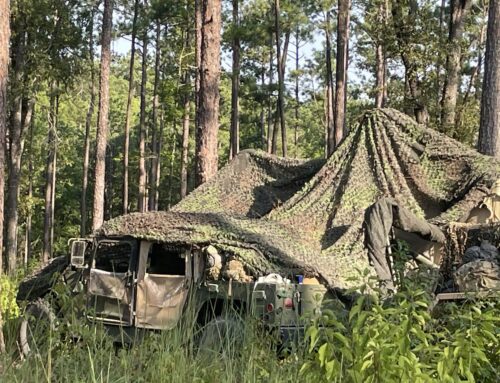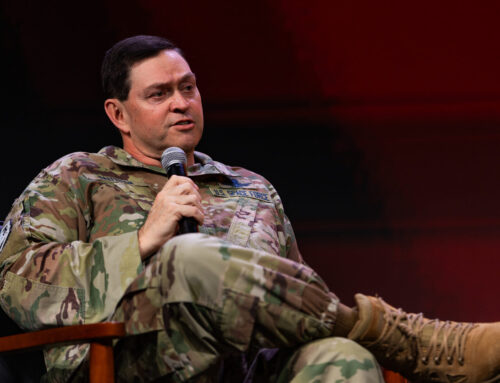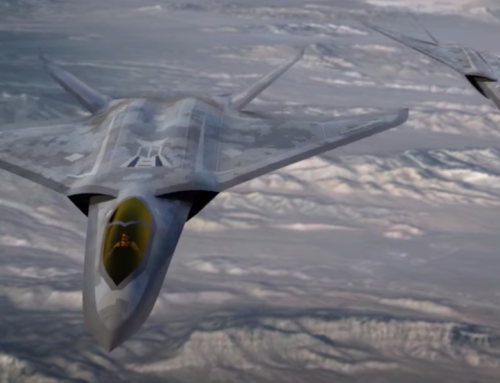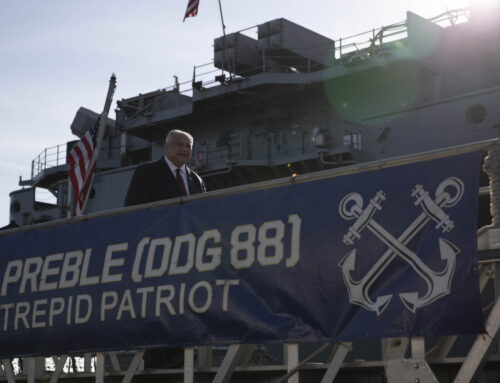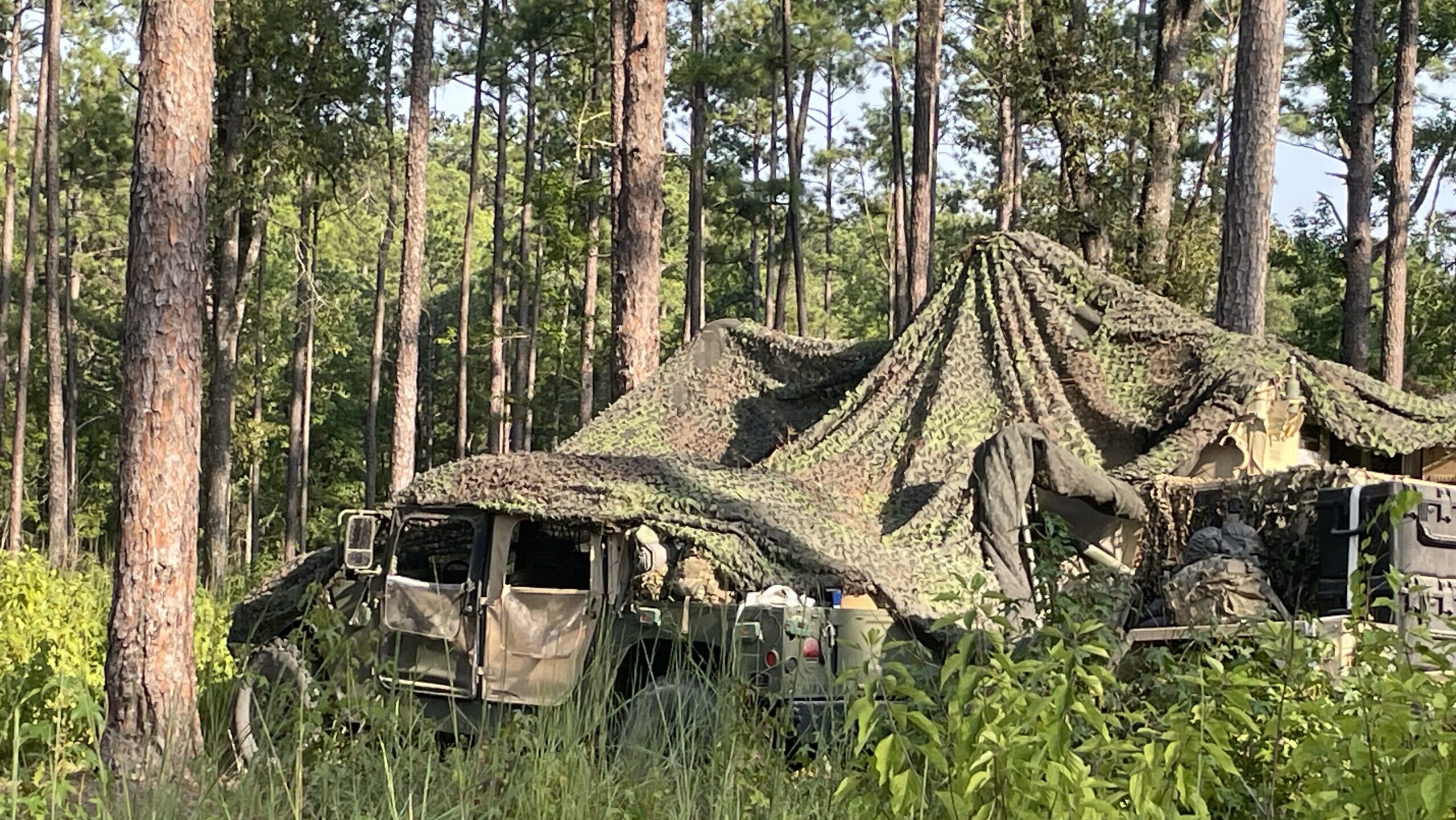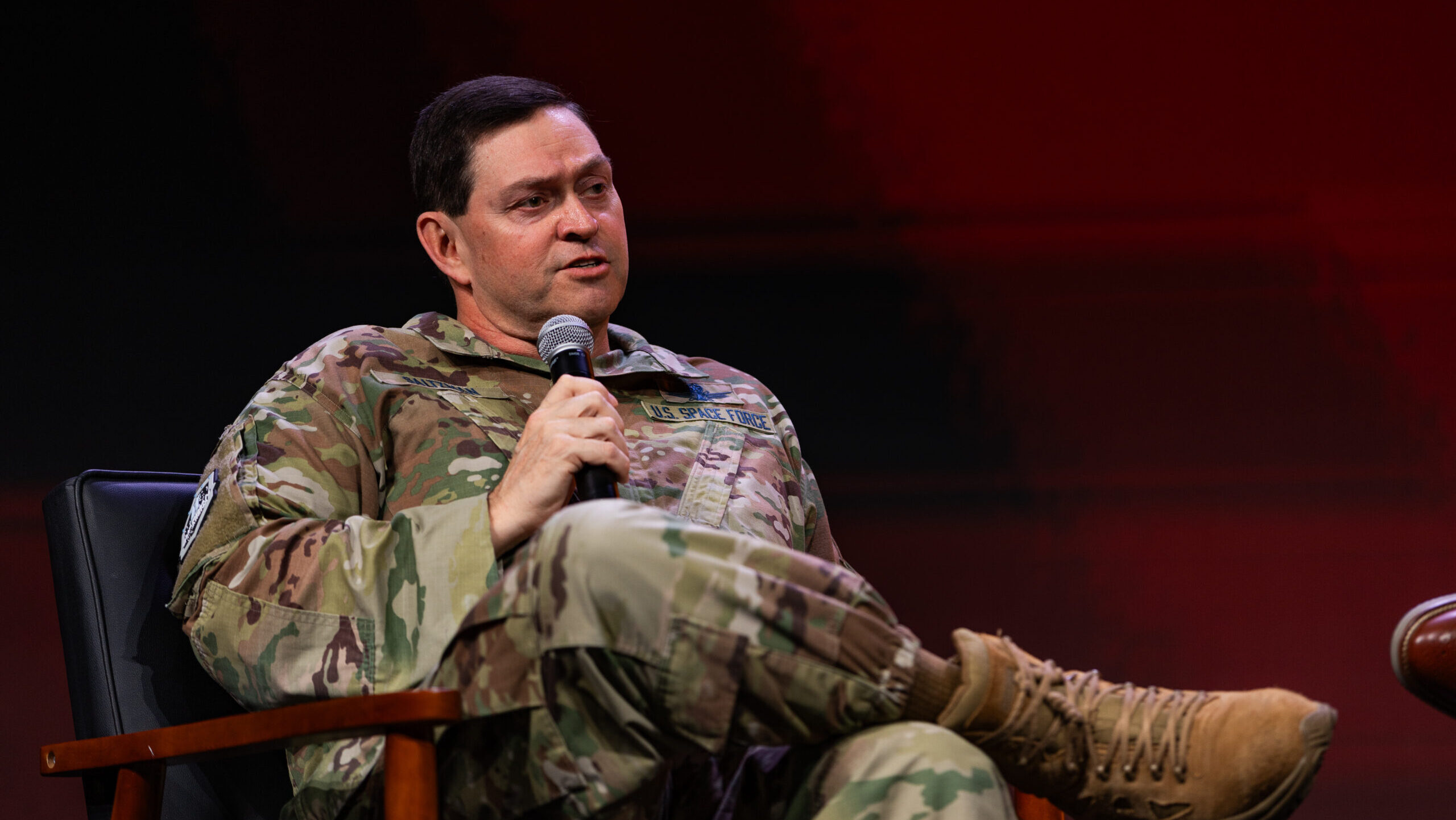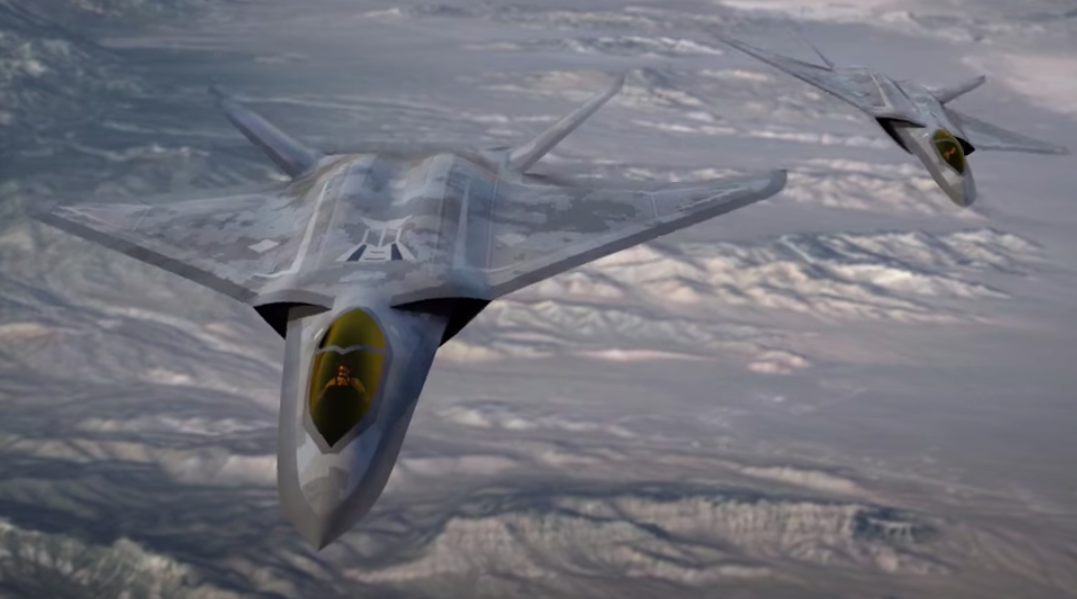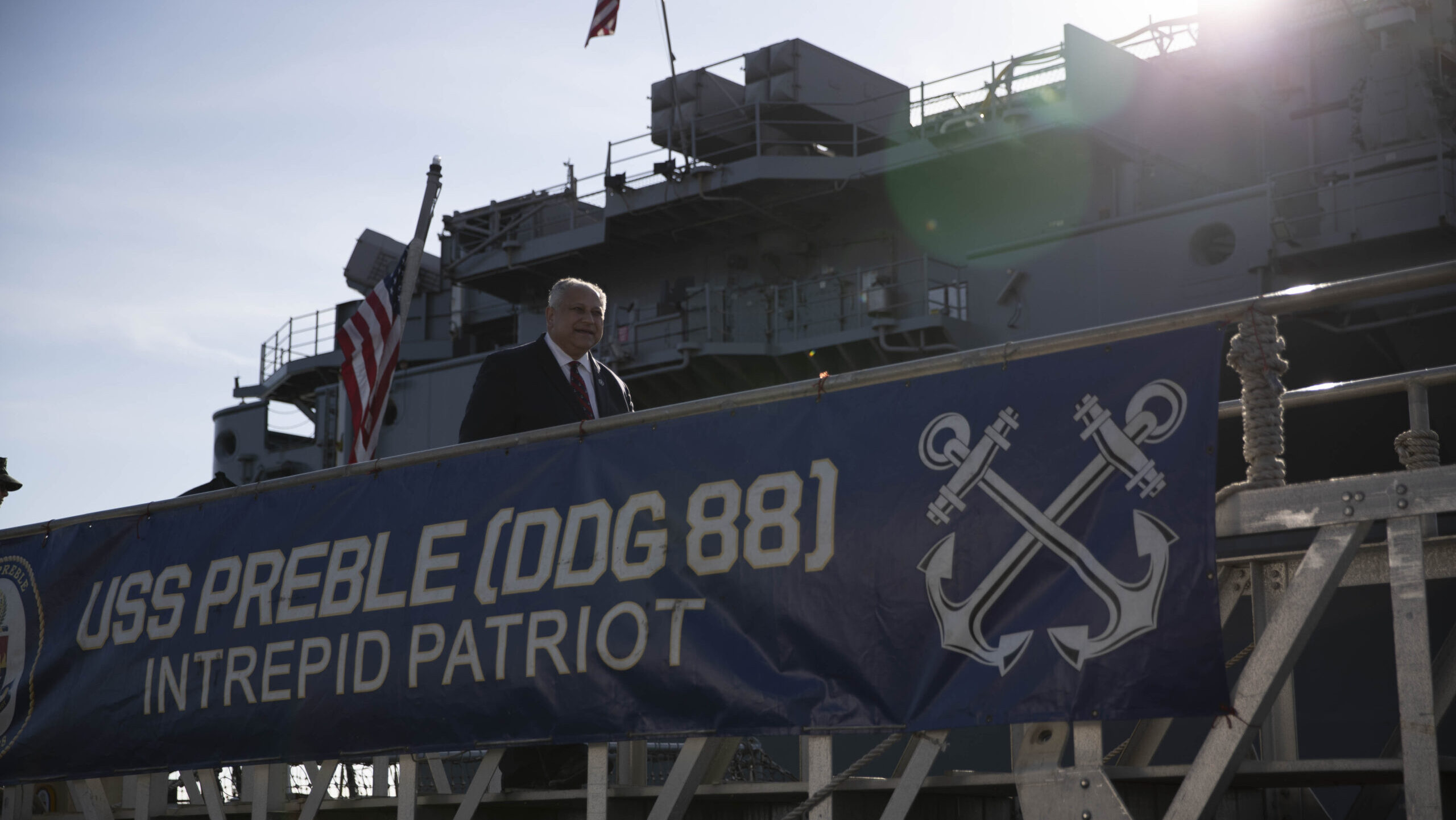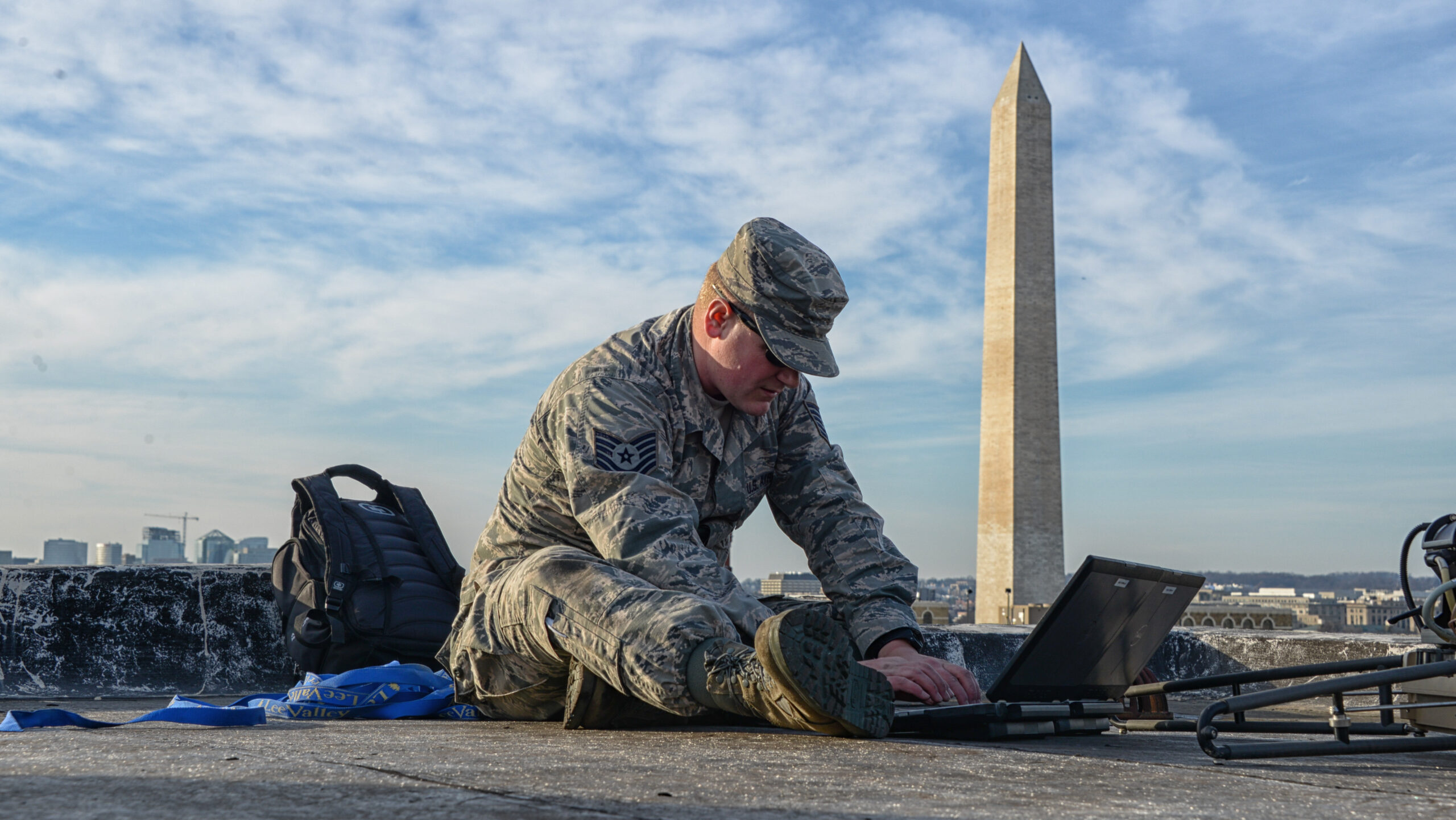Anduril’s Fury drone, which the company is pitching for the Air Force’s Collaborative Combat Aircraft program. (Anduril photo)
WASHINGTON — Defense startup Anduril Industries today announced plans to open a new factory dubbed “Arsenal” that a senior company official said will boost the firm’s autonomous weapons output dramatically, with a focus on systems that can be rapidly manufactured at scale.
Chief Strategy Officer Chris Brose said his firm will never “focus on building exquisite weapons systems,” but will instead “focus on building what we believe is the sort of supplementary capabilities that we can get quickly and we need to get quickly, which is autonomous systems and weapons of all classes.”
Anduril raised about $1.5 billion in part to fund the factory endeavor, which the company plans to be software-defined to establish common interfaces and standards across disparate systems so that they can be more easily adapted, Brose told reporters ahead of the announcement. He added that the company is further aiming to simplify manufacturing to attract more workers.
Anduril is still evaluating sites to place the factory, called Arsenal-1, but Brose said it’ll be in the United States. The factory represents an investment of “hundreds of millions” of dollars and is set to house “more than five million square feet of production space that will employ thousands of people,” according to a press release. Eventually, the company hopes the factory will be “fast-followed” by an Arsenal-2 facility, which would share many similarities with it predecessor but could be located either in the US or on the territory of an ally or partner. (Anduril has expanded into Australia, for instance.)
Simply put, Brose said the manufacturing approach consists of building all of Anduril’s products “under one roof” — except for energetics, whose restrictive manufacturing processes required them to be separated. After notching wins against established primes in competitions like the Air Force’s Collaborative Combat Aircraft (CCA) program, Anduril’s portfolio now spans the likes of loitering munitions to electronic warfare systems.
When it comes to the Arsenal facility, Brose emphasized the factory “needs to be capable of producing tens of thousands” of larger systems Anduril has successfully competed for, such as CCA or large, undersea drones for the Navy. Brose additionally highlighted the company’s move to consolidate work in one location, as opposed to more traditional methods that can spread manufacturing over several legislative districts to curry favor with lawmakers.
“So what we’re actually saying is, notwithstanding those benefits that we could get through distribution, the benefits that we can achieve from a manufacturing standpoint through consolidation are so much more profound that they outweigh whatever kind of political benefits we might get out of disaggregation of distribution,” he said.



